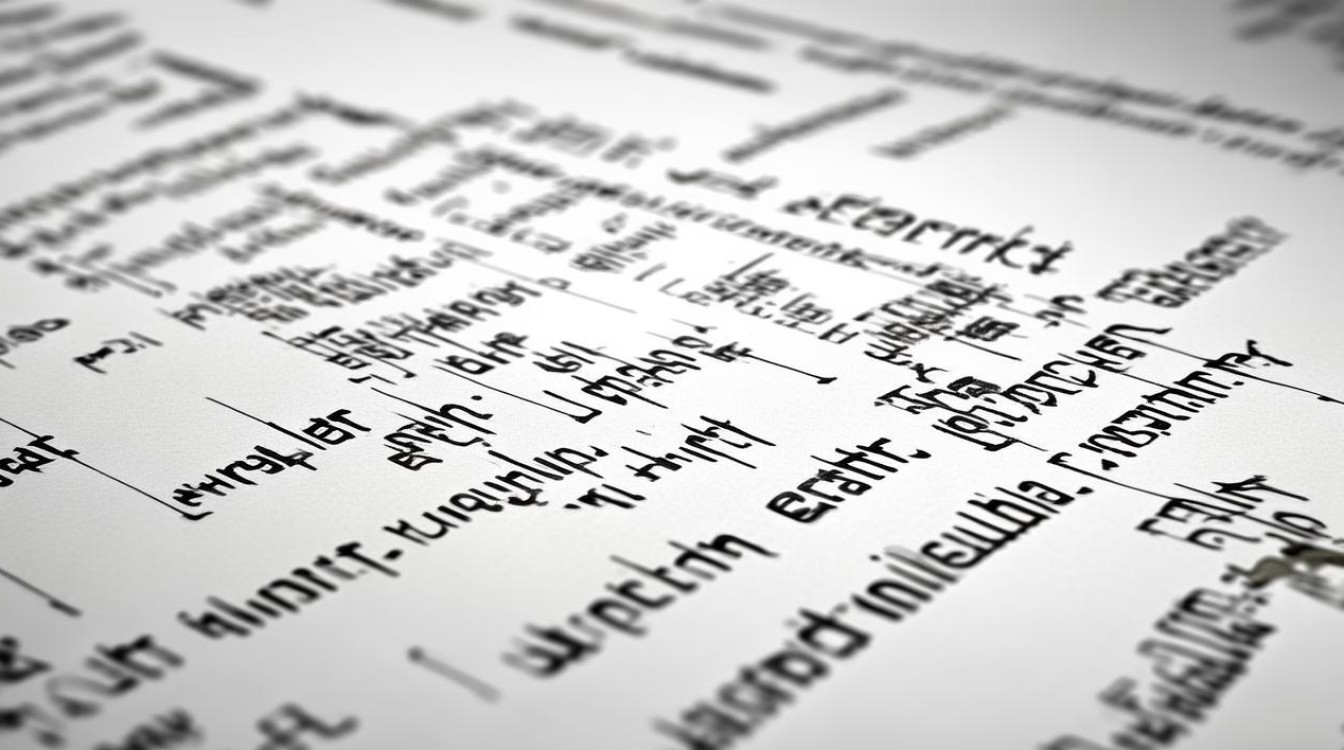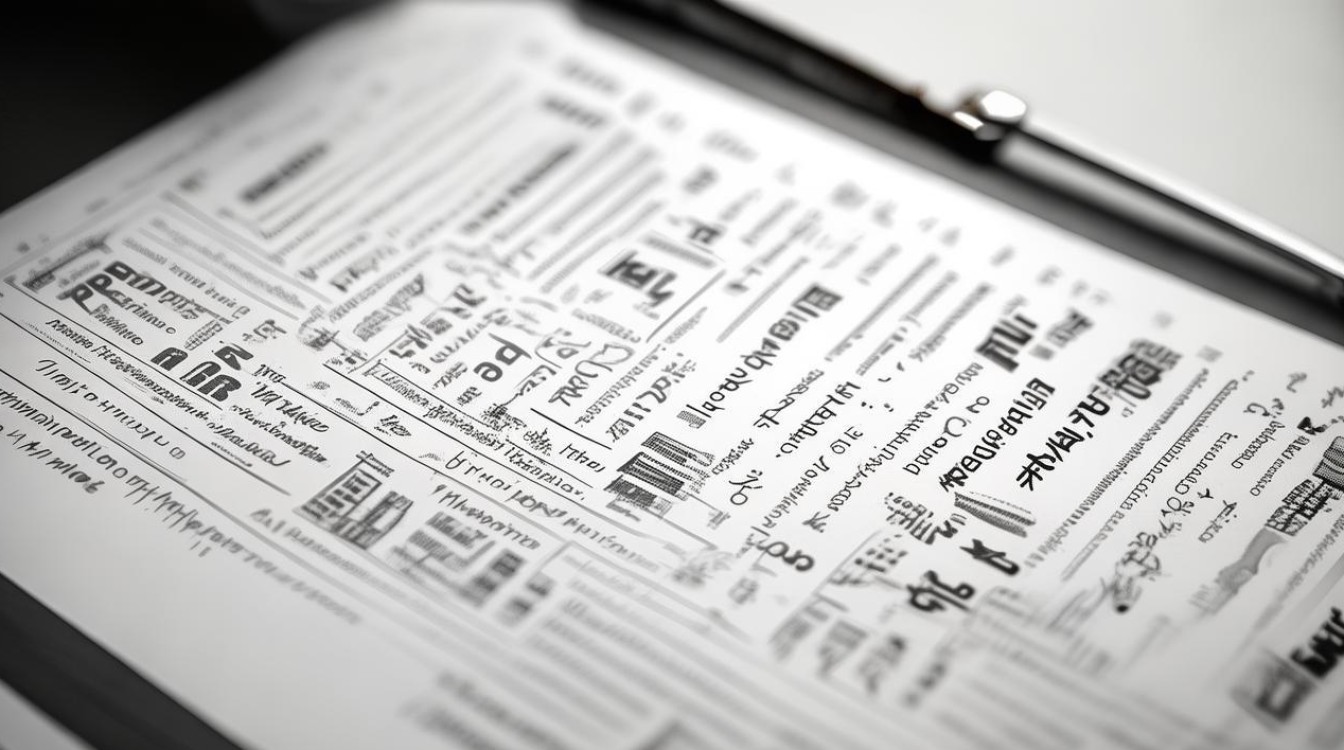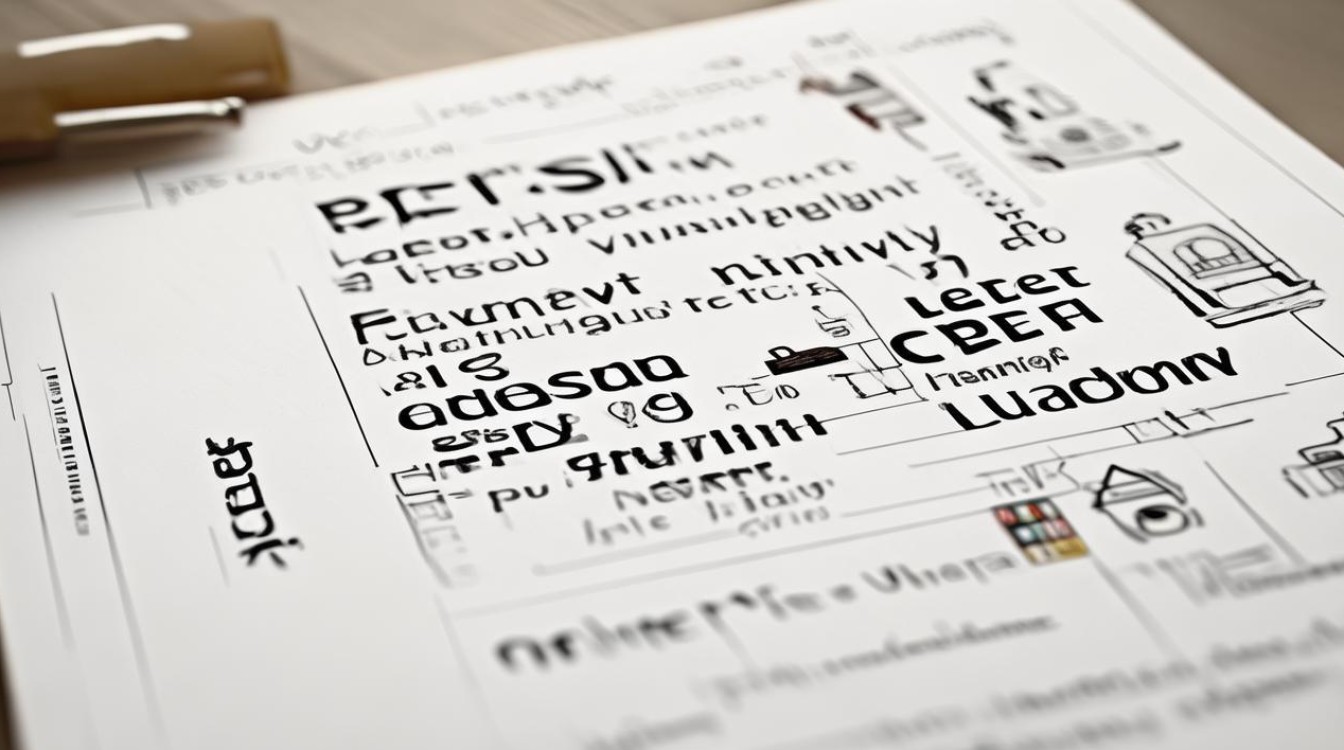Renting a property in an English-speaking country can be challenging if you're unfamiliar with key terms. Whether you're searching for an apartment, signing a lease, or dealing with maintenance issues, knowing the right vocabulary makes the process smoother. This guide covers essential words and phrases to help tenants and landlords communicate effectively.

Types of Rental Properties
Before searching for a place, understand the different types of rentals:
- Apartment (Flat in British English) – A self-contained housing unit within a larger building.
- Studio – A single room combining living, sleeping, and kitchen areas, with a separate bathroom.
- One-bedroom/Two-bedroom (1BR/2BR) – Apartments with designated bedrooms.
- Condominium (Condo) – A privately owned unit in a shared building, often rented out by the owner.
- Townhouse – A multi-floor home sharing walls with adjacent properties.
- Duplex/Triplex – A building divided into two or three separate units.
- Single-family home – A standalone house rented to one tenant or family.
- Shared housing/Roommate situation – Renting a room in a house with others.
Rental Listing Terms
When browsing listings, you’ll encounter these common phrases:
- Furnished/Unfurnished – Whether the property comes with furniture.
- Utilities included/excluded – If water, electricity, gas, or internet are part of the rent.
- Pet-friendly/No pets allowed – Whether animals are permitted.
- On-site amenities – Features like a gym, pool, or laundry facilities.
- Move-in ready – The property is clean and available immediately.
- Security deposit – A refundable payment to cover potential damages.
- First and last month’s rent – Some landlords require payment upfront.
Lease and Contract Terms
Understanding rental agreements prevents misunderstandings:

- Lease (Rental agreement) – A legal contract between tenant and landlord.
- Fixed-term lease – A set rental period (e.g., 12 months).
- Month-to-month lease – Renews automatically each month with flexible terms.
- Sublet (Sublease) – Renting the property to another tenant temporarily.
- Early termination clause – Conditions for ending the lease early.
- Rent increase clause – Rules for raising rent during the lease.
- Guarantor (Co-signer) – Someone who agrees to pay rent if the tenant can’t.
Financial and Payment Terms
Money-related vocabulary is crucial for budgeting:
- Rent due date – The day rent must be paid each month.
- Late fee – A penalty for overdue rent.
- Security deposit return – The process of getting your deposit back after moving out.
- Renters insurance – Optional coverage for personal belongings and liability.
- Application fee – A non-refundable charge for processing rental applications.
- Holding deposit – A temporary payment to reserve a property.
Property Features and Conditions
When touring rentals, these terms describe the space:
- Open floor plan – Few walls separating living areas.
- Walk-in closet – A large storage space for clothes.
- Hardwood floors – Wooden flooring (vs. carpet or tile).
- Central heating/AC – Temperature control for the entire unit.
- Natural light – Sunlight from windows.
- In-unit laundry – A washer and dryer inside the apartment.
- Parking space (Assigned/Street parking) – Where vehicles can be parked.
Maintenance and Repairs
Tenants should know how to report issues:

- Maintenance request – A formal notice to fix something.
- Landlord/Tenant responsibilities – Who handles repairs (e.g., plumbing vs. appliance issues).
- Emergency maintenance – Urgent fixes like leaks or power outages.
- Pest control – Services for insects or rodents.
- Mold/mildew – Fungal growth that needs professional removal.
Moving In and Out
Key terms for transitioning in or out of a rental:
- Move-in inspection – Documenting the property’s condition before living there.
- Move-out inspection – Checking for damages before returning the security deposit.
- Notice period – How much advance warning is needed before leaving.
- Cleaning fee – A charge for professional cleaning after moving out.
Legal and Tenant Rights
Understanding rights prevents disputes:
- Eviction notice – A legal warning to vacate the property.
- Fair housing laws – Regulations preventing discrimination.
- Quiet enjoyment – The right to live without excessive disturbances.
- Habitability standards – Legal requirements for a livable home (e.g., working plumbing).
Final Thoughts
Mastering rental vocabulary ensures smoother communication with landlords and agents. Whether signing a lease, reporting repairs, or discussing payments, these terms help tenants navigate the rental process confidently. If you're renting abroad, always research local laws to protect your rights.


